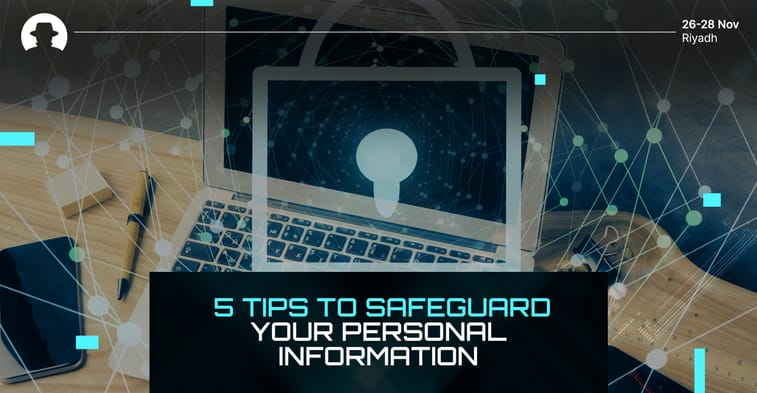
When privacy creates blind spots: the exploitation of privacy-first tech
New research reveals how privacy-first technologies are creating fraud blind spots, as AI-driven attacks scale faster than detection capabilities.
Read More
When we asked Isabelle Meyer (Co-Founder and Co-CEO at ZENDATA Cybersecurity) if there’s one thing she wishes everyone knew about cybersecurity, she said:
“For everybody: please have good passwords. But we’ve been saying this since the 1970s.”
It’s such a simple yet important strategy for protecting your information – and yet many people outside the boundaries of the cybersecurity sector don’t understand how best practices in security hygiene can be the difference between becoming an attack victim or not.
With this in mind, we put together a quick list of five things everyone can do to safeguard their personal information. Feel free to share it with your clients, your employees, and your next door neighbour.
A study in the US by NordPass found that the top ten most-used passwords in 2023 were:
We’ve got to do better than this.
Create strong passwords with combinations of uppercase and lowercase letters, special characters, and numbers. And make sure each of your digital accounts has a unique password. Don’t reuse them.
Yes, it’s a bit annoying sometimes when you’re in a rush. But 2FA increases the security of your online accounts by requiring a second form of verification after your password or biometric login. That additional security might be a one-time sent to your phone number, a biometric option, or a security question.
Whatever secondary layer of security is available to you on a particular account or app – use it.
This is harder than it used to be, because AI-powered phishing attacks are becoming more sophisticated and harder to spot.
But take the time to educate yourself about the red flags that signify a possible phishing attempt. In particular, be cautious about any unsolicited emails or messages you receive, and never click on a link or download an attachment unless you’re certain it’s legitimate.
If someone asks you for personal information over the phone or by email, or is pressuring you to take immediate action on an out-of-the-ordinary request, take a step back and do your research. If you think it could be a scam, get support to verify the request before you respond.
The ‘update available’ notifications often come at inconvenient moments – but don’t ignore them. Or at least, don’t ignore them for long.
By keeping your software, applications, and operating systems up to date, you ensure that you’re set up with the latest security patches. Updates are often released because a vulnerability has been found in the existing system, and fixed in the update. So if you don’t install the update, you’re still exposed to attack through that vulnerability.
A Virtual Private Network (VPN) is a service that encrypts your internet connection – so your online activities aren’t exposed to public access. This gives you enhanced privacy whenever you’re using the internet, and it’s particularly important if you need to connect to public networks.
By encrypting your data and masking your IP address, a VPN can increase your protection against cyber threats – including hackers attempting to gain unauthorised access to your device or other networks that you’re connecting to, or surveillance of your online activity.
With basic cybersecurity education and efforts to stay vigilant, you can recognise potential threats and put simple measures in place to protect your data. It’s always worth taking the more secure route – because everyone is a potential target for cyber attacks.
If you want to immerse yourself in the future of cybersecurity, join us in Riyadh for Black Hat MEA 2024.
Join the newsletter to receive the latest updates in your inbox.

New research reveals how privacy-first technologies are creating fraud blind spots, as AI-driven attacks scale faster than detection capabilities.
Read More
Cybersecurity founders share how Black Hat MEA helps them test ideas, prove product value, and grow their business.
Read More
Cybersecurity is now a leading barrier to financial innovation. New research explains why fraud, legacy systems and risk are slowing payments progress.
Read More